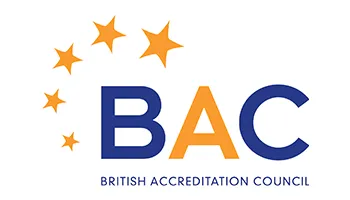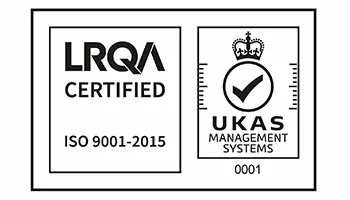.webp)
Building Resilience and Well-being in Higher Education: Thriving Amidst Change (OLC)
Published on August 2, 2023 05:01
Overview
In the ever-evolving landscape of higher education, adapting and thriving is crucial for students, faculty, and staff. Navigating academic challenges, societal pressures, and personal struggles can often be overwhelming. That's why fostering resilience and prioritising well-being are essential to a successful educational journey. In this blog, we will explore strategies and practices that promote resilience and well-being in higher education, enabling individuals to survive and thrive amidst change.
The Power of Resilience
Resilience is the capacity to bounce back from setbacks and to adapt to change. In the context of higher education, resilience plays a significant role in overcoming academic challenges, handling stress, and embracing personal growth. By developing resilience skills, students can cultivate a mindset that empowers them to face adversity with determination and optimism
Prioritizing Mental Health and Well-being
Mental health and well-being are vital aspects of a fulfilling educational experience. Educational institutions are recognizing the importance of creating supportive environments that promote well-being. Implementing policies and resources that support mental health, offering counseling services, and fostering open conversations about well-being are crucial steps toward nurturing a healthy campus culture.
Cultivating a Supportive and Inclusive Campus Culture
Building a sense of belonging and inclusivity fosters resilience and well-being. Educational institutions can promote a sense of community by encouraging diversity, equity, and inclusion initiatives. Students, faculty, and staff can feel supported, valued, and empowered to thrive by creating a safe and inclusive environment.
Mindfulness and Stress Reduction Techniques
Integrating mindfulness and stress reduction techniques can significantly contribute to enhancing well-being in higher education. Mindfulness practices, such as meditation, deep breathing exercises, and mindfulness-based stress reduction programs, can help individuals manage stress, improve focus, and cultivate greater self-awareness.
Building Resilience Skills for Students
Educational institutions can be crucial in equipping students with the necessary tools to build resilience. Incorporating resilience-building activities and workshops into the curriculum can help students develop coping mechanisms, problem-solving skills, and a growth mindset. These skills will benefit them academically and in their personal and professional lives beyond the educational setting.
Conclusion
In the ever-evolving landscape of higher education, resilience and well-being have emerged as crucial pillars of success. By prioritizing resilience, mental health, and creating supportive campus cultures, educational institutions can empower their community to embrace change and thrive. Integrating mindfulness practices and investing in holistic well-being pave the way for personal growth and academic excellence. Let us build a future where higher education not only equips students with knowledge but also nurtures their resilience, well-being, and ability to positively impact society. Together, we can create a thriving environment where everyone has the opportunity to flourish and make a difference.
Also read: The Benefits Of Inclusive Learning And How OLC Is Pioneering In This Approach











